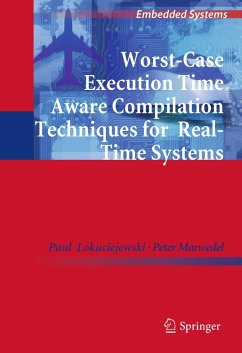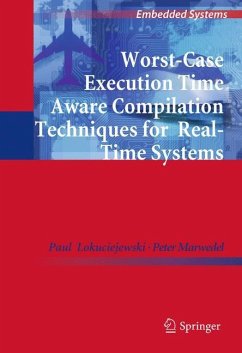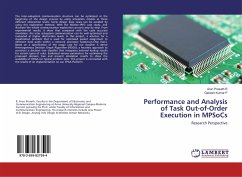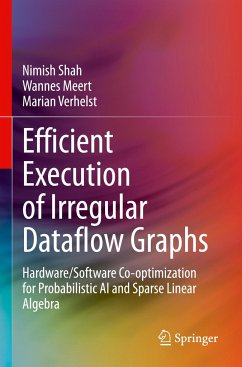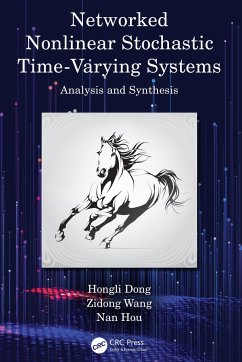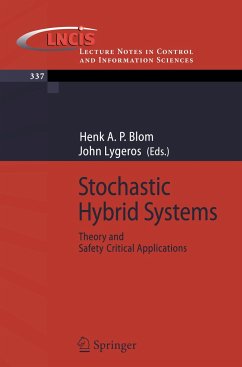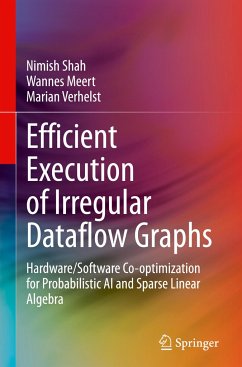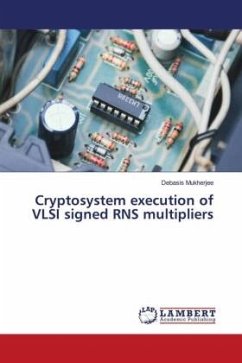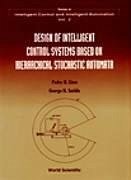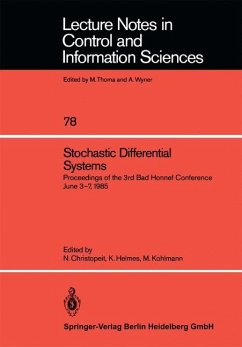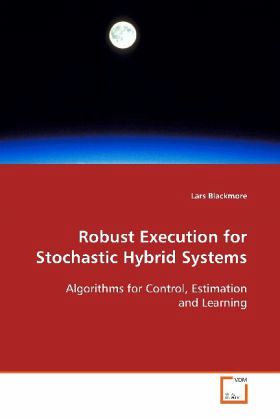
Robust Execution for Stochastic Hybrid Systems
Algorithms for Control, Estimation and Learning
Versandkostenfrei!
Versandfertig in 6-10 Tagen
45,99 €
inkl. MwSt.

PAYBACK Punkte
23 °P sammeln!
Unmanned systems, such as Autonomous Underwater Vehicles (AUVs), planetary rovers and space probes, haveenormous potential in areas such as reconnaissance and spaceexploration. However the effectiveness and robustness of these systems iscurrently restricted by a lack of autonomy. A model-based executive, whichincreases the level of autonomy can be used to simplify theoperator s task and leave degrees of freedom in the plan that allowthe executive to optimize resources and ensure robustness to uncertainty. Uncertainty arises due to uncertain state estimation,disturbances, model uncertainty and ...
Unmanned systems, such as Autonomous Underwater Vehicles
(AUVs), planetary rovers and space probes, have
enormous potential
in areas such as reconnaissance and space
exploration. However the
effectiveness and robustness of these systems is
currently restricted
by a lack of autonomy. A model-based executive, which
increases
the level of autonomy can be used to simplify the
operator s task
and leave degrees of freedom in the plan that allow
the executive to
optimize resources and ensure robustness to uncertainty.
Uncertainty arises due to uncertain state estimation,
disturbances,
model uncertainty and component failures. This book
develops a
model-based executive that reasons explicitly from
a stochastic hybrid discrete-continuous system model
to find the
optimal course of action, while ensuring the required
level of
robustness to uncertainty is achieved. The executive
makes use of
new algorithms for control, estimation and learning
of stochastic
systems, which are presented in this book.
(AUVs), planetary rovers and space probes, have
enormous potential
in areas such as reconnaissance and space
exploration. However the
effectiveness and robustness of these systems is
currently restricted
by a lack of autonomy. A model-based executive, which
increases
the level of autonomy can be used to simplify the
operator s task
and leave degrees of freedom in the plan that allow
the executive to
optimize resources and ensure robustness to uncertainty.
Uncertainty arises due to uncertain state estimation,
disturbances,
model uncertainty and component failures. This book
develops a
model-based executive that reasons explicitly from
a stochastic hybrid discrete-continuous system model
to find the
optimal course of action, while ensuring the required
level of
robustness to uncertainty is achieved. The executive
makes use of
new algorithms for control, estimation and learning
of stochastic
systems, which are presented in this book.



